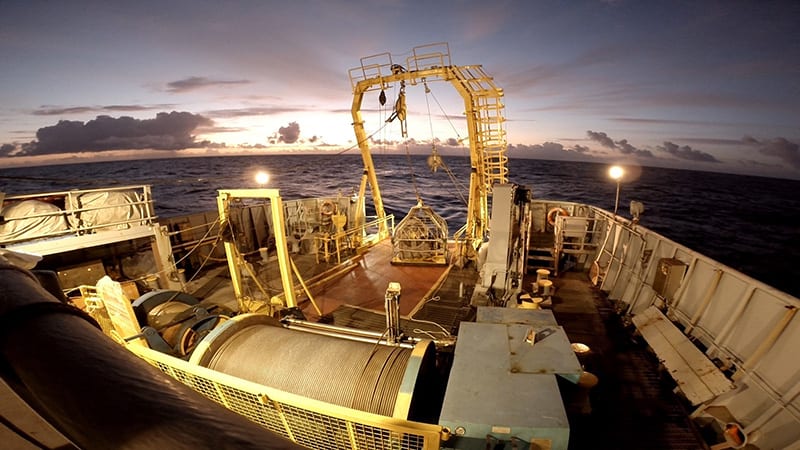Former Minister of Energy and Energy Affairs of Trinidad and Tobago Kevin Ramnarine has proffered some advice to the South American nation of Guyana where ExxonMobil and its joint venture partners HESS and CNOOC have just commenced oil production.
His advice centered on Guyana creating its own path, tempering expectations and protecting the diversity of its economy.
“In 2017, on the invitation of the Guyana Oil and Gas Association Inc. (GOGA), I made two presentations on the way forward for Guyana’s nascent oil industry. This included “lessons learned” from Trinidad and Tobago’s experience which comes with well documented failures and successes,” said Ramnarine.
According to the former minister he thought it timely to offer the titbits of advice given the recent commencement of oil production which was officially announced on December 20, 2019.
Ramnarine however lamented the lack of legislative actions to govern the oil and gas sector, saying that this is to Guyana’s detriment.
- Create your own path.– Ramnarine said that while there are many models that are held out as good and bad, Guyana must assimilate advice and adopt according to the conditions. “Advice must be assimilated but ultimately, the conditions of Guyana are best known to Guyanese and the prescriptions and economic path that the country takes must be tailored to the present and future needs of its peoples.
- Temper expectations.Ramnarine pointed out that there is a long way to go for Guyana’s oil industry and success is never “what we think” it will look like. “There are technical and reservoir conditions at play that present downside risks to the anticipated rate(s) of production. No amount of reservoir modelling can trump the understanding of a petroleum reservoir once production starts and actual petrophysical data is received,” he said. He added that as a result, decline rates and depletion rates tend to be moving targets. “In addition, as Ghana has learned, there can be technical constraints to the efficiency of FPSO’s. The point is what is happening out on the Liza Destiny, in the sub-sea infrastructure and in the reservoir is very dynamic and subject to a range of risks,” he said.
- The future is always in flux.He said Guyana, like Trinidad and Tobago, will be subject to the vagaries of the world’s oil markets. “For the last 45 years (since 1974), T&T has had a largely bi-polar economy that has been subject to the ebb and flow of the world’s oil markets.
- Protect your economic diversity.He noted that Guyana is one of the most diversified economies in the Caribbean with GDP contributions from mining, fisheries, manufacturing and agriculture. “[Guyana] must ensure that these sectors do not wilt under the shadow of the oil industry and fall prey to Dutch Disease which manifests itself with the movement of labour from “non booming tradable” sectors such as agriculture and mining into services,” he said.
- Focus on the supply side.He said the steep growth curve that the Guyanese economy will experience in the next decade will lead to supply side constraints. “In some ways this is already at your doorstep. Building the supply side of the economy speaks to building capacity (infrastructure, services and skills) to meeting the ever-increasing demand of a super-heated economy,” Ramnarine said. He noted that in this regard, Guyana is behind the curve and has a lot of catching up to do “but it’s not an impossible task.”
- Build policy, legislative and institutional capacity.The former minister said the Government of Guyana post March 2nd, 2020 will have a monumental task on its hands to put in place the legislative and institutional infrastructure to govern the new oil industry. “This is currently not in place and that is to the detriment of Guyana. The Petroleum Commission Bill which I commented on some two years ago seems to have fallen by the wayside. Regulations to oversee the day to day operations of the sector are also absent,” he said.
- See multi-national oil companies as partners.There must be, he said, a spirit of collaboration and partnership between the Government, the local private sector and the multi-nationals. “Capitalism is win-win not win-lose. The relationship between the Government and the multi-nationals must be premised on mutual respect and a realization that the company must get a return for its capital and the country must be rewarded for the commercialization of a depleting resource,” he said.




This advice is inundated.